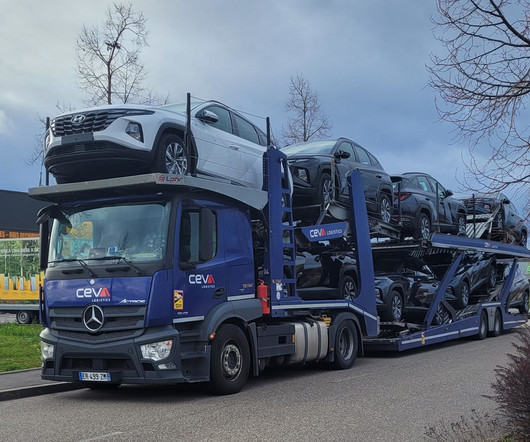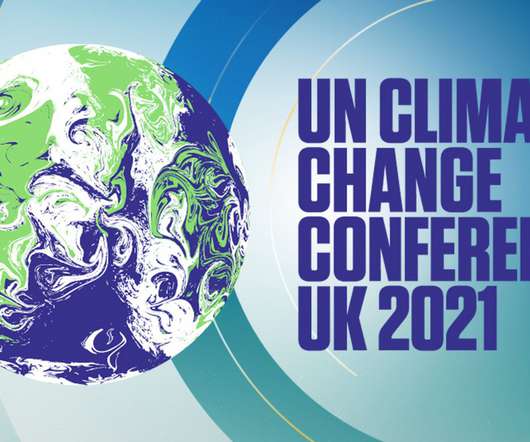Emerging Supply Chain Trends – A Look at Evolving Finished Vehicle Logistics Amid Market Shifts and Trends
The Logistics & Supply Chain Management Society
APRIL 19, 2023
The subsequent rankings in the 2021 Production Statistics revealed that South Korea had overtaken Germany and Mexico, and Southeast Asian countries such as Thailand, Indonesia and Malaysia have moved up the world ranking for car production. million in 2022 to 39 million by 2030.
















Let's personalize your content